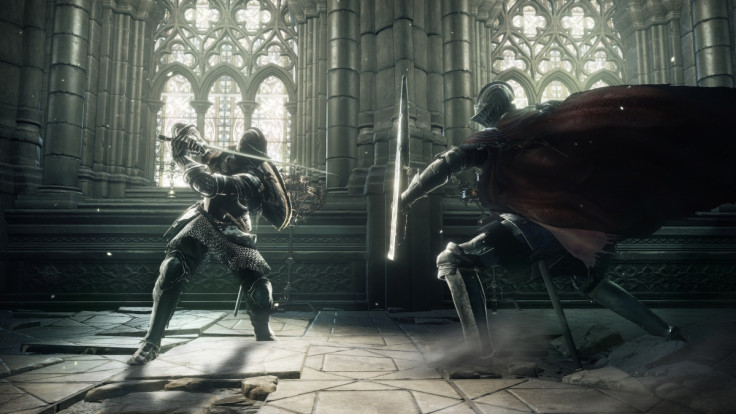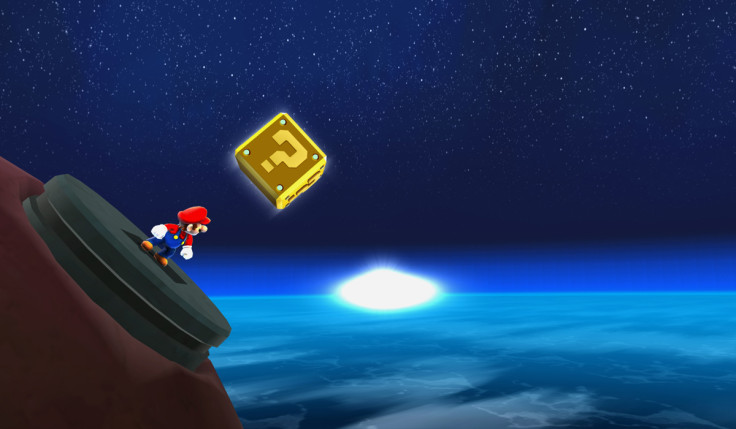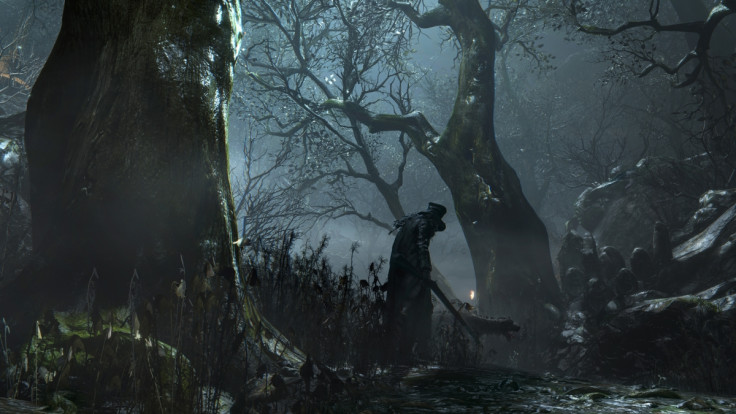Why Dark Souls 3 should have an easy mode and the problem with 'playing to win'

While certainly not the first person to make this particular observation, I was recently reminded of a comedy skit by Dara O'Briain that playfully mocked a notable quirk exclusive to video games within the broader entertainment sphere.
In the performance, O'Briain recounts his experience with Grand Theft Auto IV, but only up to a specific mission approximately half way through Rockstar Games's crime-fuelled opus of Americana, as he repeatedly failed to chase down a rogue drug dealer.
For the record, I've become a reasonably good at games in my (give or take) 20 years as a gamer. While I have had my fair share of humiliations in online multiplayer lobbies full of seasoned experts, after two decades of dexterity practice with a controller and a broad understanding of gameplay mechanics borne out of familiarity, I can certainly hold my own.
In relation to the Souls series, I've played the first two Dark Souls games and Bloodborne to completion, and played a decent chunk of Demon's Souls too. I love these games. Why do I say all this?
Because I believe the Souls series should have an easy mode.
Hidetaka Miyazaki – the creator of FromSoftware's beloved franchise – uttered this strangely contentious sentiment as far back as 2012 and the backlash was a sight to behold. Gaming forums and YouTube comment sections were ablaze with self-righteous fury at the mere suggestion, and it remains a largely controversial topic today.
Examples of indignation over 'simplified' games are not exclusive to the Souls series of course, with Nintendo receiving flak for its addition of the level-skipping Super Guide in New Super Mario Bros Wii. The obnoxious 'git gud' meme however, epitomises the antagonistic view of a cross-section of the Souls fan base that exceeds the malice directed at the portly plumber.

Surprisingly, I do believe that lowering the difficulty level in the Souls series would dilute the experience somewhat.
Video games mostly differentiate themselves from other media because of the presence of interactivity and it is this unique facet that can elevate (or conversely destroy) an otherwise sensory medium.
Dark Souls takes advantage of this dichotomy by presenting the player with a punishing miasma of fantastical nightmares that outnumber and outmatch your insignificant, hollowed character both in design and in combat. The innate adrenaline rush I felt for every hulking, seemingly implacable enemy slain had me hooked on Miyazaki's tormenting adventures from the moment the grotesque Asylum Demon faded into dust.
However, immortalising the Souls series in the video game archives solely for their brutal nature is a reductionist view on the series and posits that the five FromSoftware games of the Souls ilk (including 2015's Bloodborne) are equivalent to solving a mathematics equation, or passing a linguistics test.
We should be aware that the idea of completing a game is markedly different to the concept of a game concluding. One implies victory and success, while the other connotes denouement. Did I 'beat' Dark Souls, or just experience its closing chapters?

Playing to 'win' is the shadowed, all-encompassing crux that has often been used by critics such as the late Roger Ebert to deny the medium of any semblance of artistic or academic significance. It can also partly lay claim to the idea that everyone will 'grow out' of video games during adulthood, like they are irrelevant, childish ephemera which are unworthy of any thought or analysis beyond 'did you win?'
To be clear, I am not advocating the eradication of accomplishment and challenge from single-player, story-led games, as it can be integral to those momentary jolts of victorious joy felt after mastering a once seemingly impossible challenge. But, it should also not be so sacredly defended when it can equally act as an impassable barrier that even a gaming advocate like Dara O'Briain can fall foul of.
While reducing the testing gameplay in the Souls games may indeed blunt its overall impact if chosen as an option, an 'easy mode' it is not a sacrilegious feature; it is an olive branch to an excluded audience that may interpret its enigmatic lore and foreboding atmosphere in an entirely new way missed by the 'hardcore fans'.
It is an option, not an enforcement.
Perhaps the issue stems with the underlying problem gaming has with the notion of inclusivity, that has previously seen instances of homosexuality in Mass Effect receive comparative levels of hostility (a comparison echoed by YouTube critic Jim Sterling). While that particular controversy was far more troubling in a socio-political context, it is systematic of the frustrating belief that non-mandatory options, dialogue and representations are somehow 'wrong' because someone liked something that you also like for different reasons.
Video games should inspire debate and interpretation. Do not do the game you love a disservice, your experience is yours and yours alone.
Why deny that for someone else?
For all the latest video game news follow us on Twitter @IBTGamesUK.
© Copyright IBTimes 2025. All rights reserved.



















